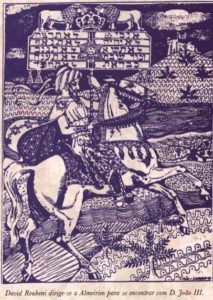Don’t Mess With These Ladies
Nili Block was born in Baltimore, Maryland and made aliyah to Israel with her family when she was just 2 years old. At age 10, she joined her mother in Thai boxing classes. By 18, she won the KickBox World Cup in Hungary, a gold medal at the world kickboxing championship in Bangkok, and a European championship title, too. Block trains alongside Sarah Avraham, who also won the world championship in her division in Bangkok. Like Block, Avraham made aliyah with her family to Israel, hailing from India. Avraham was born in Mumbai to a Christian mother and a Hindi father who were both drawn to Judaism for many years and eventually converted. (They began the process with Rabbi Gavriel and Rebbetzin Rivka Holtzberg – who were tragically gunned down at their Chabad House in the 2008 Mumbai terror attack.) Block and Avraham are the same age, and are both coached by Eddie Yusupov. The former is now a soldier in the Israeli Defense Forces, while the latter is doing her part in Israel’s National Service. They are both Torah-observant Jews, keeping kosher and Shabbat even on their boxing tours. The two world champions hope to compete in the 2016 Olympics Games, if kickboxing will finally be included as an Olympic sport.
Words of the Week
Just as it is incumbent upon every Jew to put on tefillin every day, so is there an unequivocal duty which rests upon every individual, from the greatest scholar to the most simple of folk, to set aside a half-hour each day in which to think about the education of his children.
– Rabbi Sholom DovBer of Lubavitch



